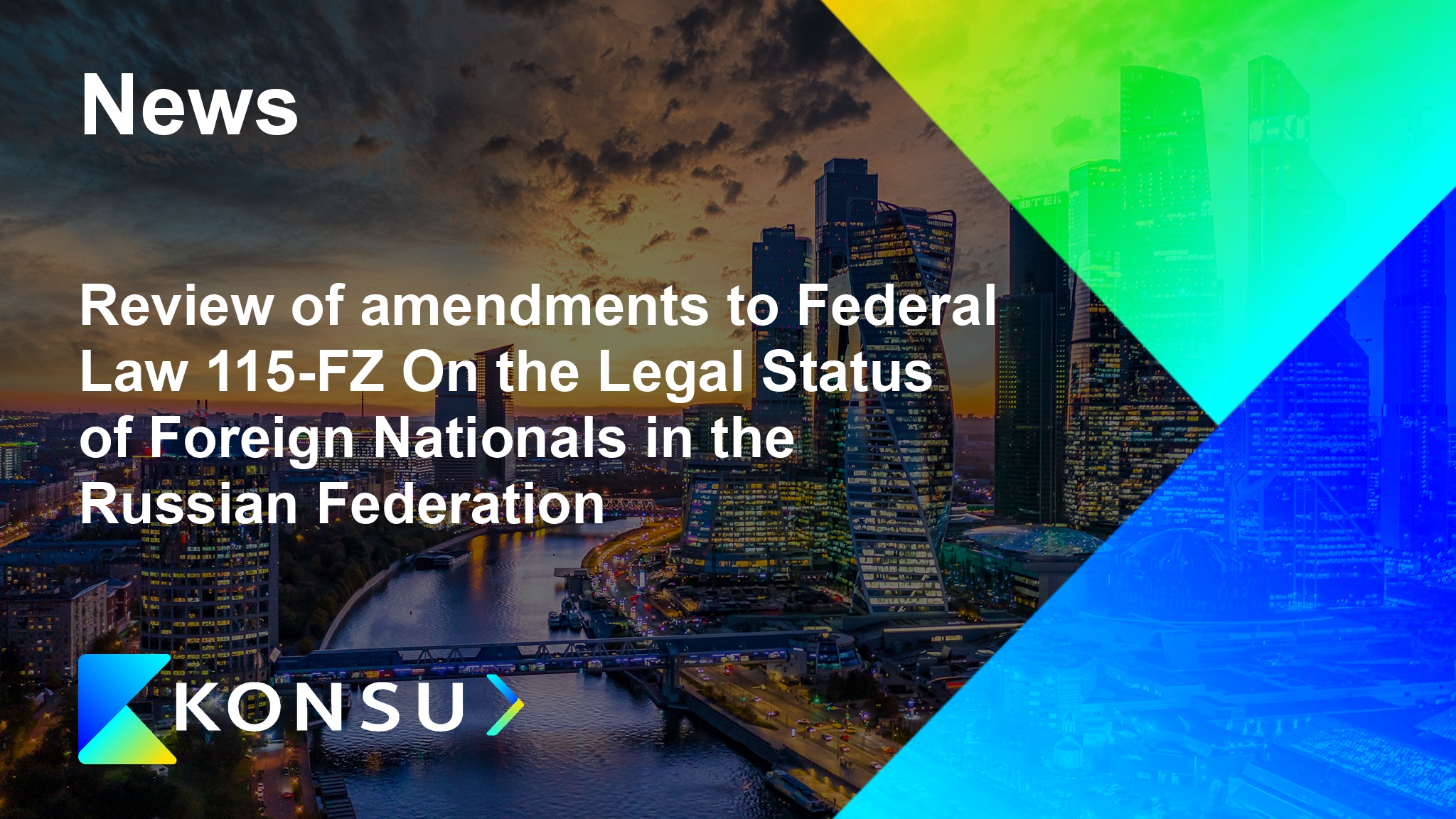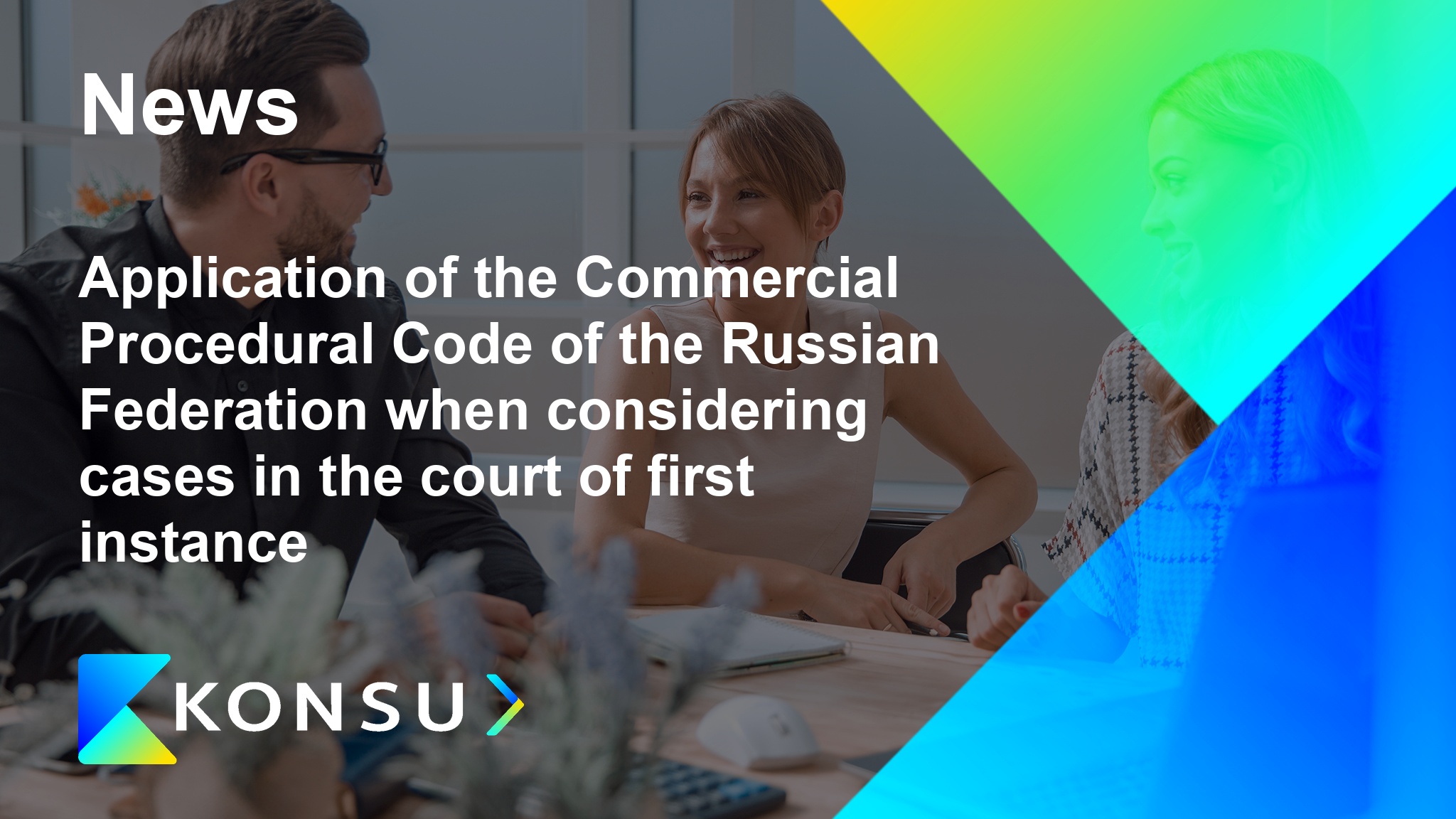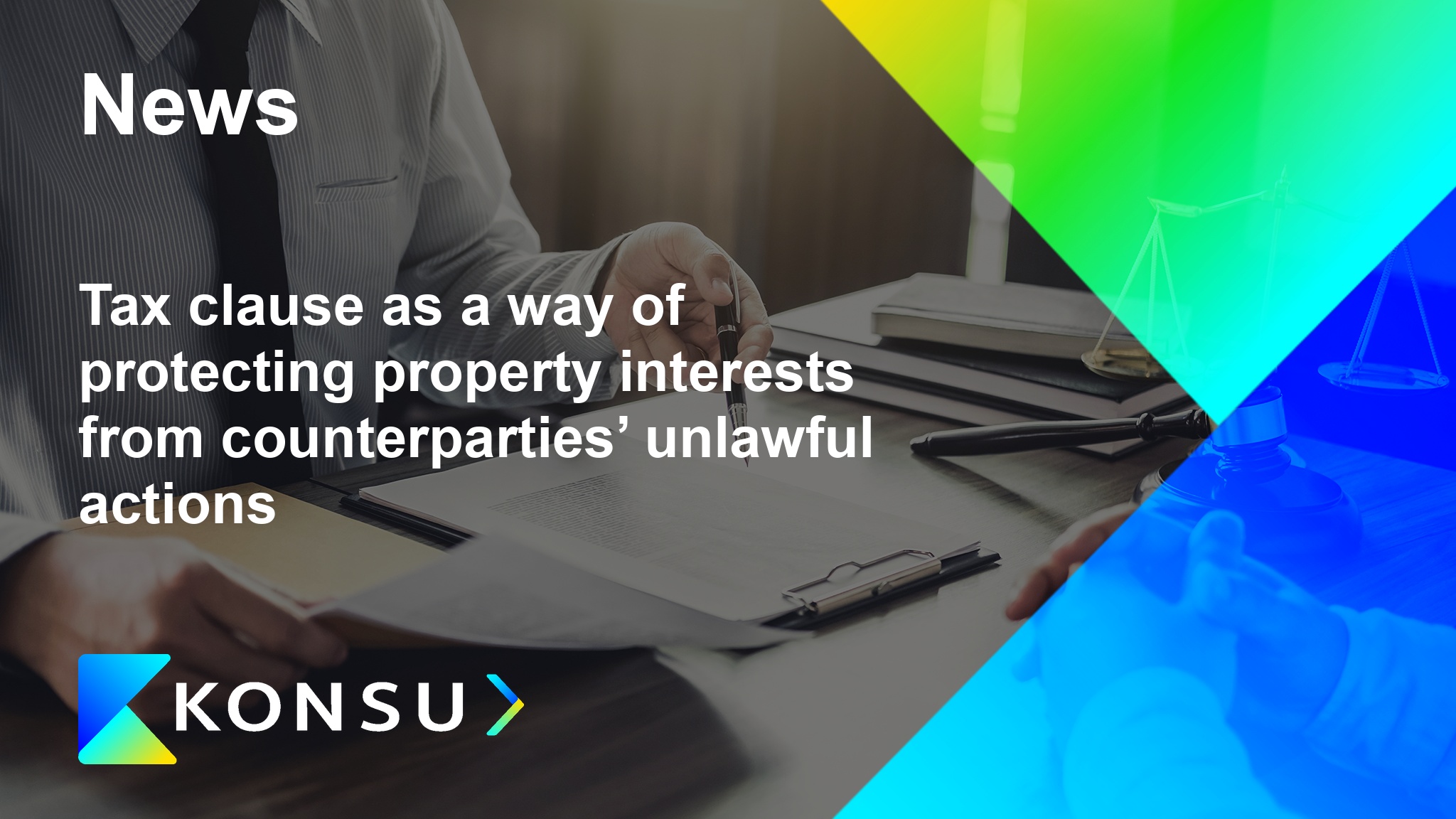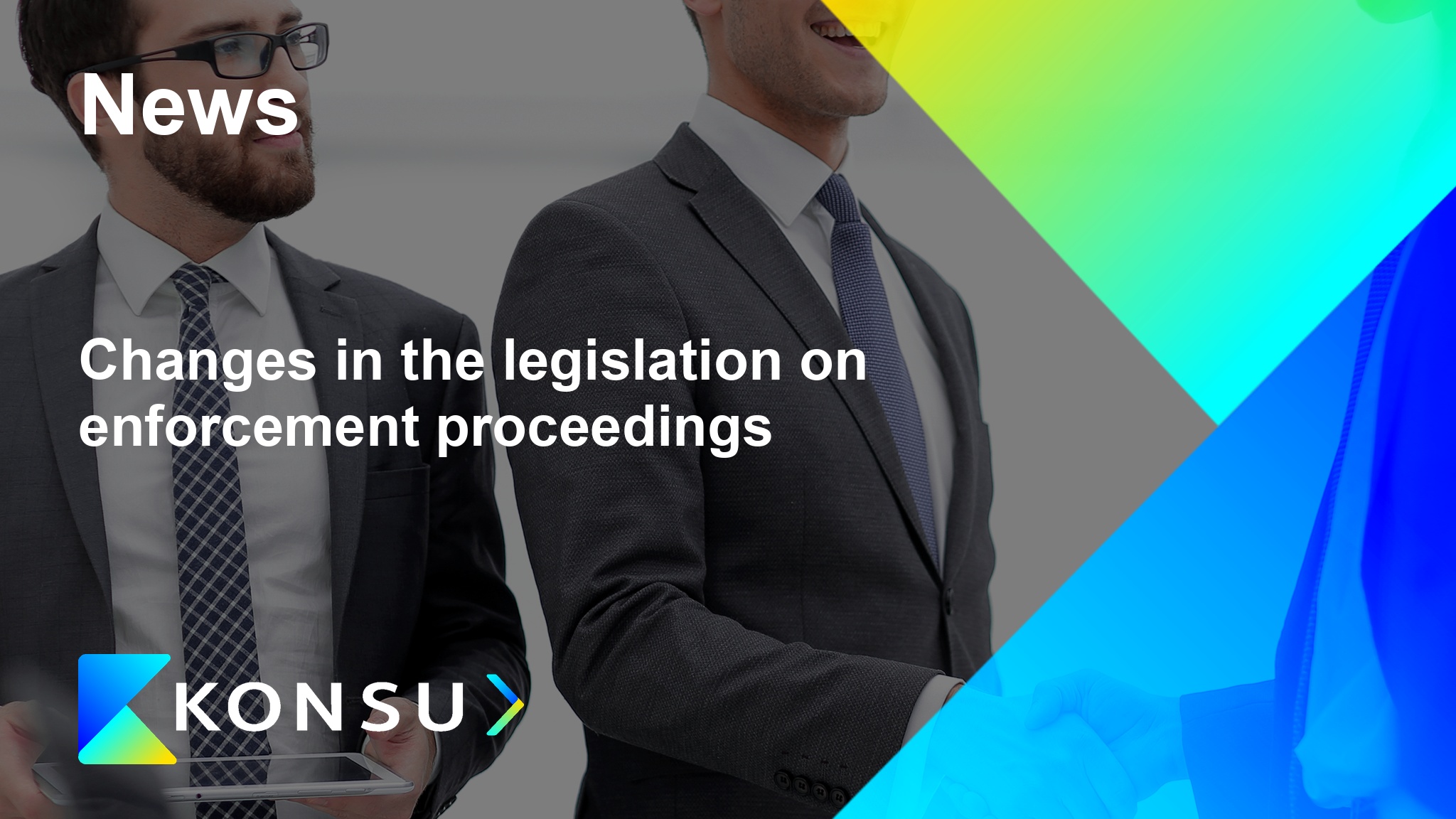Useful 1С HR reports for managers
Although many companies operating on the Russian market use 1С for their accounting, we often encounter company executives who do not know how to conveniently retrieve and analyze data from this software.Read more
Foreign IT companies must officially register their presence in the Russian Federation
Except for some provisions, Federal Law No. 236-FZ dated July 1, 2021 On the Activities of Foreign Entities on the Internet in the Russian Federation (further “Law No. 236-FZ”). The purpose of this law is to regulate how the presence of foreign IT companies in the Russian Federation is officially registered and establish the same conditions for Russian and foreign entities engaged in such activity. Read more
Division of share in capital between spouses upon divorce
Charters of commercial organizations may contain provisions prohibiting the disposal of shares to third parties without the consent of the other shareholders.
Review of amendments to Federal Law 115-FZ On the Legal Status of Foreign Nationals in the Russian Federation
Amendments to Federal Law N 115-FZ On the Legal Status of Foreign Nationals in the Russian Federation have been reviewed.Read more
Application of the Commercial Procedural Code of the Russian Federation when considering cases in the court of first instance
In order to apply the provisions of the arbitration procedural legislation by the courts uniformly, Resolution No. 46 of the Plenum of the Supreme Court of the Russian Federation dated December 23, 2021 clarifies the rules according to which arbitration disputes are considered in the court of first instance.Read more
Indexation of court awards
On July 22, 2021, the Constitutional Court of the Russian Federation rendered ruling No. 40-P upholding a legal position that changes existing law enforcement practice. Business entities will now be able to get losses from inflation compensated if court awards are not enforced for a prolonged period. This ruling sets out a timeframe for indexation of awarded amounts and allows companies to use this mechanism without waiting for the adoption of a federal law.Read more
Tax clause as a way of protecting property interests from counterparties’ unlawful actions
To meet the requirements of Article 54.1 of the Russian Tax Code, taxpayers must exercise “due diligence” when choosing counterparties. Tax risks will arise for companies if their counterparties violate tax law, so the Federal Tax Service recommends including a tax clause in contracts to reduce such risks.Read more
Changes in the legislation on enforcement proceedings
From June 20, 2022 (with the exception of certain provisions), Federal Law No. 417-ФЗ dated December 21, 2021 (hereinafter referred to as the Law), which amends the legislation on enforcement proceedings, will come into force. Read more
Who can represent a company in court?
The Supreme Court of the Russian Federation has clarified that professionals representing interests in commercial courts must provide courts with diplomas of legal education or a degree in law when they perform procedural actions, including when signing a claim, participating in a court hearing, examining evidence.Read more
Leasing agreement – Case law review
The Supreme Court of the Russian Federation (further the “Supreme Court”) published on October 27, 2021 a review of case law on disputes related to leasing agreements.
The Supreme Court has provided clarifications on the qualification of leasing agreement terms, the conditions that can be included in leasing agreements, in which case property cannot be taken away from the lessee, how to correctly determine the leased asset, the consequences arising from the breach of obligations by the lessee, whether it is possible to collect lease payments from the seller of low-quality goods, the cases where property cannot be taken away from the lessee, etc. (Review of Case Law on Disputes related to Financial Lease (Leasing) Agreements approved by the Presidium of the Supreme Court on October 27, 2021 (further the “Supreme Court Review”)).
Read more









